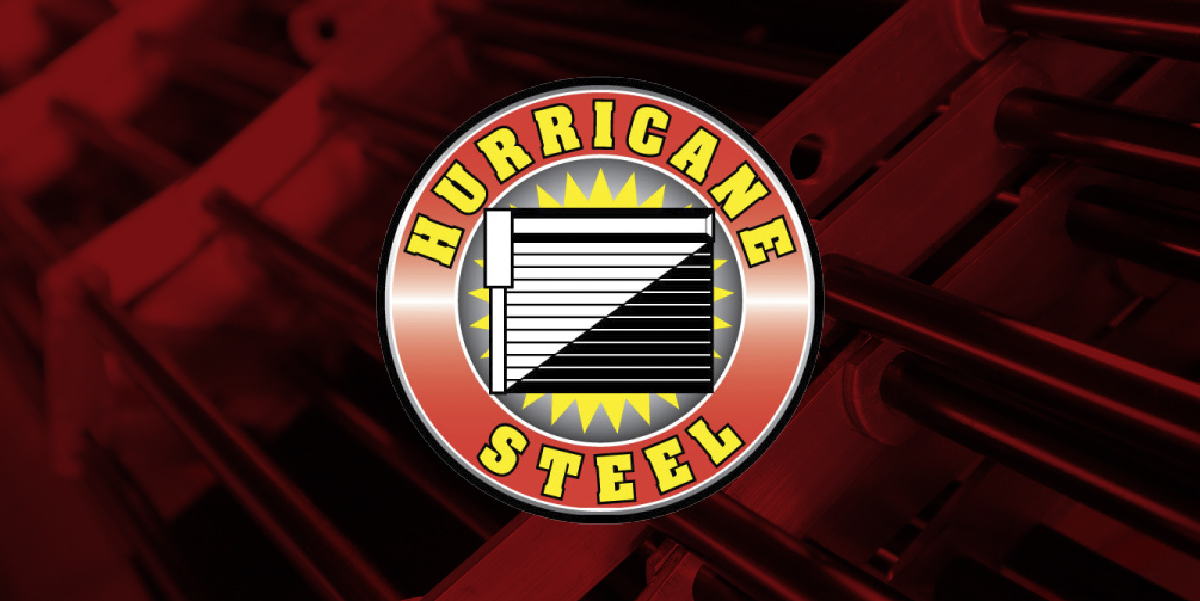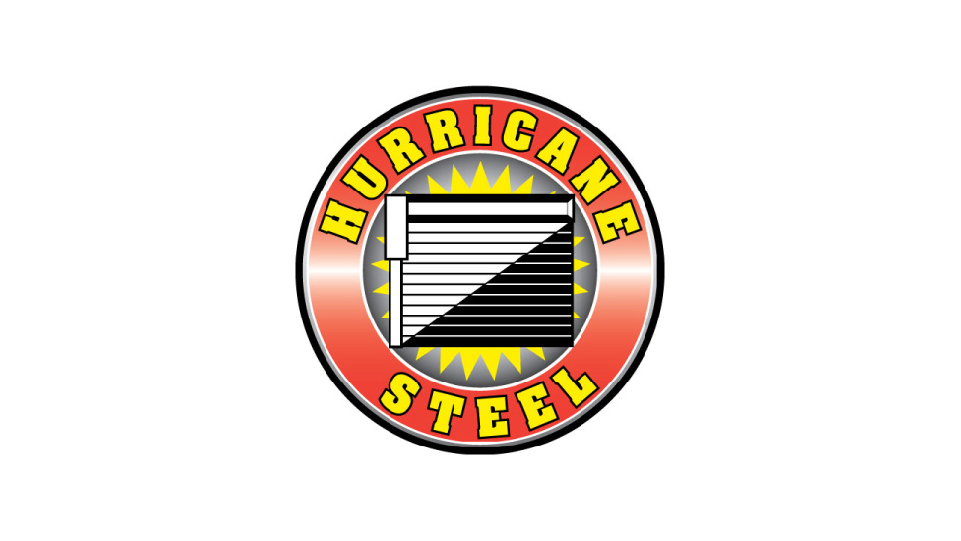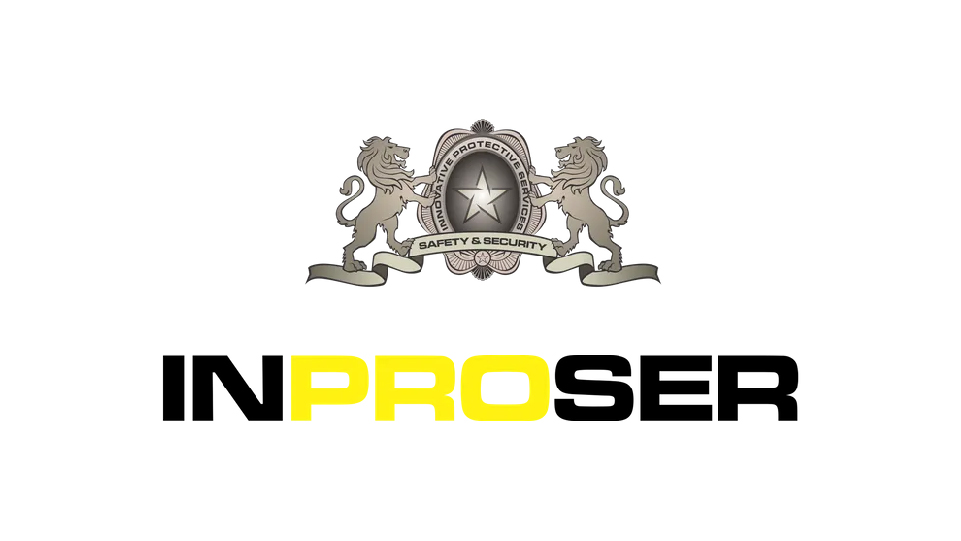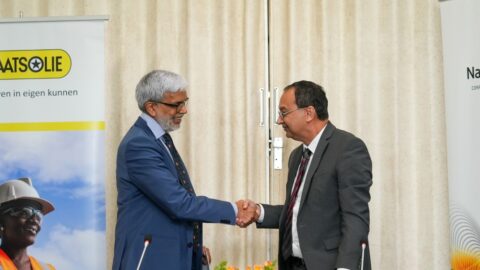Navigating the Oil Dilemma: Suriname’s Battle with Energy Giants
The Quest for Equity in Oil Deals Amidst Suriname’s Crisis
The CEO of oil giant TotalEnergies, Patrick Pouyanné, is holding discussions this week with President Chan Santokhi regarding the exploration of black gold off the coast of Suriname. Oil giants smell opportunities worth billions of US dollars in revenue from the substantial oil reserves beneath Suriname’s soil. Why is this powerhouse with a 2022 annual revenue of €203.3 billion traveling to the smallest country in South America?
In this critical hour of the crisis currently facing Suriname, the government and the National Assembly must assert themselves strongly to ensure that Suriname is no longer a playground for oil giants TotalEnergies and Apache. The call for transparency, accountability, and fair power dynamics is growing louder; these are not secret discussions after all.
TotalEnergies and Apache have made significant oil discoveries off the coast of Suriname but continue to delay their investments in the country. This has been a source of frustration for the government, which hopes that oil production will lift the country out of its deep crisis. These companies estimate the reserves to be between 10 to 15 billion barrels of oil, which would make Suriname one of the world’s largest oil producers. However, TotalEnergies and Apache have yet to announce concrete plans for the oil fields, and Suriname views this delay in making the Final Investment Decision (FID) with great irritation.
Despite undeniable evidence of abundant crude oil reserves, recent drilling results, specifically in Block 58, Sapakara, and Krabdagu, totaling 6.5 billion barrels of oil, the oil companies appear to be in no rush to make the final FID. Oil giant TotalEnergies is driven by maximizing profits. Experts believe this is why the company continues to delay its investments in the country and is negotiating for the lowest possible royalties, especially at this critical moment.
Oil giants are globally known for their unprecedented power and influence, and they have Suriname in a stranglehold. This troubling scenario unfolds amidst the deep crisis currently plaguing Suriname. Suriname finds itself in a painfully weak position in negotiations with oil giants. The vulnerability of Suriname in these negotiations can be attributed to the lack of sufficient legal and technical expertise and the complex dynamics of the oil market. Suriname will need to collaborate with international organizations and experts to ensure that negotiations with oil giants are fair and in Suriname’s favor.
The average royalty that impoverished countries receive from oil giants is approximately 10% of the gross oil revenue. This is significantly lower than the average royalty received by wealthy countries, which is around 20%. Impoverished countries can enhance their bargaining power by working with other nations affiliated with OPEC. For example, impoverished countries like Ecuador receive 20%, Nigeria 16%, Angola 15%, and Equatorial Guinea 20% in royalties.
The previous government entered into a contract with TotalEnergies and Apache, granting the oil companies certain rights, including a 6.25% royalty rate. As a result, Suriname is now under the influence of these foreign giants, who use their immense power to pressure the country into favorable royalty agreements.
It is now up to Surinamese leaders and citizens to come together and fight for a fair and sustainable economic future where the interests of the country and its people must come first. In the coming months, it is crucial that Suriname receives a fair share of the revenue from its natural resources on the path to a prosperous future. Suriname is abundantly blessed.
David Dewdath
Date: 12 september 2023
Categories:
– DISCLAIMER –
LocalContentSuriname.com is een portaal waar ondernemers, bedrijven en stichtingen zich willen presenteren. Deze website is niet verantwoordelijk voor de inhoud die op deze pagina getoond wordt. Alle informatie die op deze pagina wordt verstrekt, moet onafhankelijk worden geverifieerd. Er worden geen garanties of verklaringen gegeven voor de juistheid van de informatie. Ga naar veelgestelde vragen voor meer informatie.










